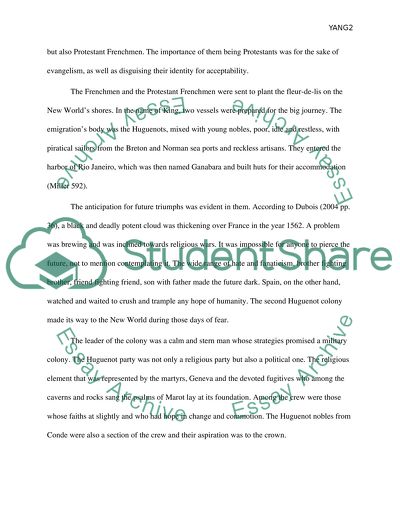Cite this document
(“French Language and Culture from 1500 to1900 Assignment”, n.d.)
French Language and Culture from 1500 to1900 Assignment. Retrieved from https://studentshare.org/history/1698026-questionnaire-about-french-language-and-culture-from-1500to1900-see-attached-questions
French Language and Culture from 1500 to1900 Assignment. Retrieved from https://studentshare.org/history/1698026-questionnaire-about-french-language-and-culture-from-1500to1900-see-attached-questions
(French Language and Culture from 1500 to1900 Assignment)
French Language and Culture from 1500 to1900 Assignment. https://studentshare.org/history/1698026-questionnaire-about-french-language-and-culture-from-1500to1900-see-attached-questions.
French Language and Culture from 1500 to1900 Assignment. https://studentshare.org/history/1698026-questionnaire-about-french-language-and-culture-from-1500to1900-see-attached-questions.
“French Language and Culture from 1500 to1900 Assignment”, n.d. https://studentshare.org/history/1698026-questionnaire-about-french-language-and-culture-from-1500to1900-see-attached-questions.


